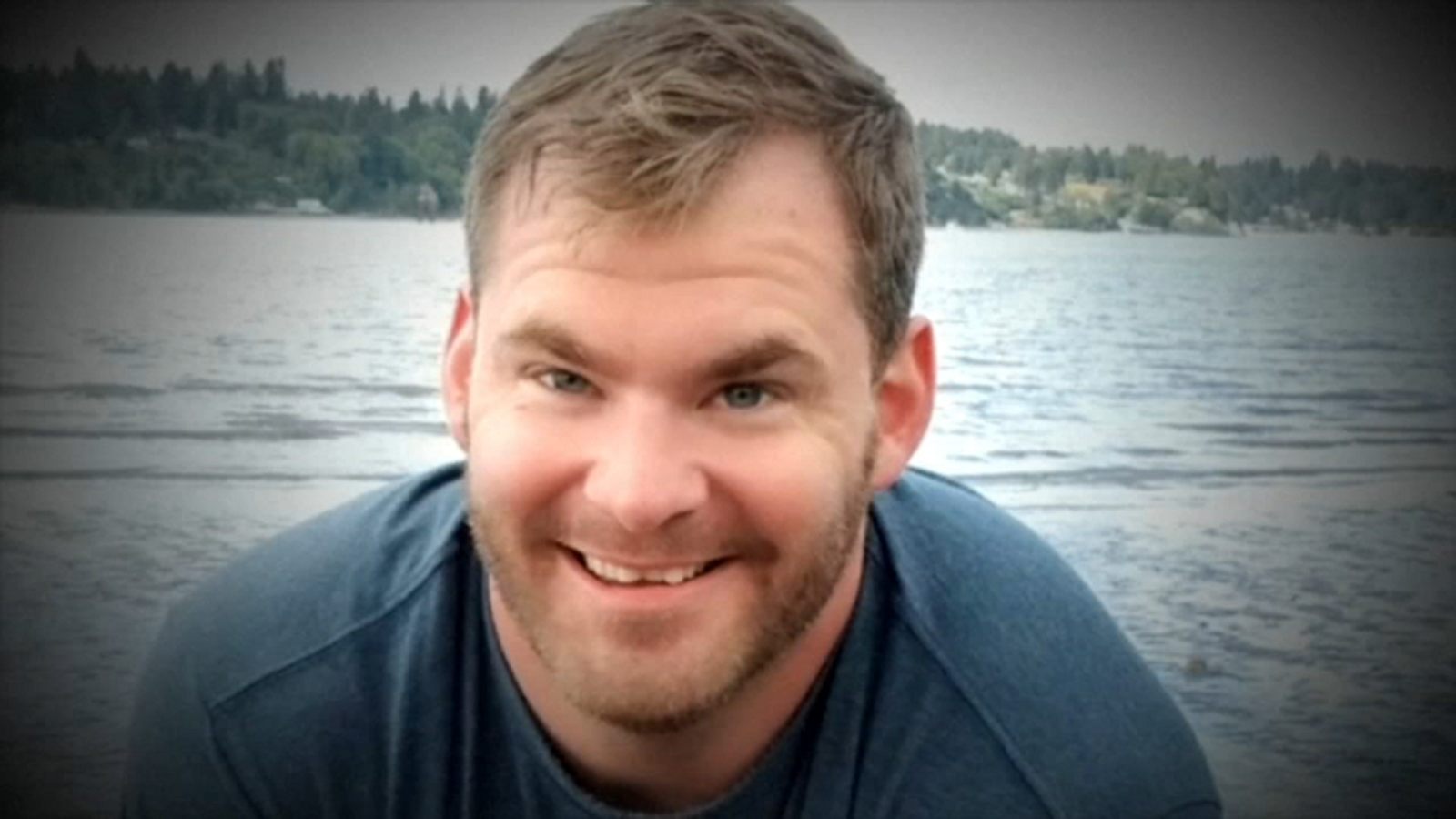Copyright KABC-TV

LAS VEGAS -- Had Matthew Livelsberger not blown himself up in a Tesla Cybertruck in Las Vegas on New Year's Day, he would likely be remembered for his lifetime of service as a decorated soldier. "I'm not aware that he was ever on the radar of law enforcement previously," Clark County Sheriff Kevin McMahill told ABC News. "I would go so far as to say, from what I've been able to see of his military record, he'd be what you described as a military hero." A Green Beret with nearly two decades of service, Livelsberger devoted his life to the nation before he started the downward spiral that led to his end. That grave mental health crisis brought Livelsberger to the driveway of the Trump International Hotel in Las Vegas, where he detonated an improvised explosive device as most of the world was easing into 2025, according to a new report from the Las Vegas Metropolitan Police Department. "On Jan. 1, 2025, a lone actor chose the Las Vegas Strip as his destination to make a very big, very public statement. As a result, he lost his life, six others were injured, and several hundred more were deeply affected by what they witnessed," McMahill wrote in the report issued this month. Livelsberger's actions are the subject of a months-long ABC News investigation into the special forces operator and the explosion that marked the culmination of his life. At the time of the explosion -- shortly after a suspect drove a truck into New Orleans' crowded Bourbon Street killing 14 and injuring more than 50 others -- law enforcement feared the nation might have been in the throes of a multi-par, multi-city terrorist attack, similar to Sept. 11, 2001. The apparent similarities between the New Orleans and Vegas incidents -- both conducted using rented vehicles by members of the U.S. military on New Year's Day -- immediately sparked the worst fears of what could come next, Spencer Evans, at the time the top FBI official in Las Vegas, told ABC News. "It takes the urgency to a new level because now you're worried, is there yet a third attack coming somewhere else?" said Evans. The fiery explosion rocked the president-elect Trump's Las Vegas hotel and injured six people. The only death from the incident was Livelsberger, who succumbed to injuries caused by a self-inflicted gunshot wound seconds before the explosives detonated. Thirty-six hours after the explosion, officials named Livelsberger as the suspect based on a charred military ID recovered at the scene of the blast. Assistant Sheriff Dori Koren, who led the investigation, said that ID helped investigators determine that the incident was separate from the deadly attack in New Orleans. "Our team did a phenomenal job, really dug deep and were able to quickly pivot from that and determine that there was no connection to the attack in New Orleans," Koren told ABC News. While investigators breathed a sigh of relief that the incidents were unrelated, it left more questions than answers about what could have caused Livelsberger -- who was on leave from a deployment to Germany -- to commit a potentially deadly act. Investigators quickly spread across the world to find anyone who knew Livelsberger to better understand what could have driven his actions, according to Evans. One of those people contacted by the FBI was Alicia Arritt, who dated Livelsberger for about two years before the two lost touch in 2022. Arritt told ABC News that she had heard from Livelsberger just days before the explosion -- the first time they had connected in three years. "I was happy to hear him doing well," she said. "He said there was a lot to talk about." A former Army nurse, Arritt was working on New Year's Eve and only learned about the explosion when investigators knocked on her door to ask about the man she had dated. She described Livelsberger as a kind and intelligent partner who helped her son learn sports while they were together. The idea that he could be behind the explosion, she said, did not make sense. "My heart just dropped," she said. "I thought it had to be an accident. I thought he was maybe trapped inside and exploded." Reflecting on her relationship with Livelsberger, Arritt recalled how Livelsberger struggled with incessant headaches and mental health problems. "I have been spiraling down the last week or so sometimes I get so hopeless and depressed it's ridiculous," Livelsberger wrote in text messages that Arritt shared with ABC News. "By far the worst of my life." Arritt said she encouraged Livelsberger to seek professional help but worried about his well-being. "I always encouraged him to talk to somebody. I've lost a lot of friends in the military over the years, and I didn't want that to happen to him, too," she said. In a statement, the Army said that Livelsberger had access to and used a program that provides physical, cognitive and medical care to soldiers. At the time he was granted leave, Livelsberger was not displaying any concerning behaviors, the statement said. When investigators recovered Livelsberger's phone, they said they found writings that told the troubling story of a man in crisis, who knew he was deteriorating. In one entry, he reflected on being "caught up in some craziness" but said he never intended to hurt anyone. "As much as the [ mainstream media ] will paint me out to be some terrorist and monster, I had no intent on taking out anyone but myself if that happens. I am deeply sorry to anyone that gets hurt. I served my country for my entire adult life and I got caught up in some craziness and have outrun my headlights," he wrote. Chris Frueh, a clinical psychologist who has worked with military veterans and active-duty soldiers for three decades, explained Livelsberger's story highlights some of the challenges faced by special operators -- highly trained warriors driven to do the most dangerous work in the most dangerous places on earth. Frueh did not work with Livelsberger, but said that for veterans, intense training and proximity to explosive blasts put special operators at a higher risk for traumatic brain injuries than average people or even typical military personnel. Adding to the challenge, some soldiers express a reluctance to seek help due to concerns that the treatment would make them ineligible for deployment, where they earn promotions and the respect of their community. "If a soldier goes and says, I'm suffering, I'm hurting' and they say that to a psychologist or a physician, they run the risk of being pulled off deployment or pulled off deployable status, and nobody wants that," said Frueh. The Army's Chief of Public Affairs said in a statement to ABC News that the "Army is fully committed to assisting our soldiers and has a multitude of behavioral health professionals and resources available to our soldiers around the clock." As law enforcement in Las Vegas looks back on the explosion, Sheriff McMahill, himself an Army veteran, said that Livelsberger's story is a harsh reminder of the obligation this nation has to take care of the soldiers who devote themselves to keeping this country safe. "Combat is a terrible thing for these individuals to have to go through," he said. "It also exposed again the responsibility of us to take care of those individuals after they're exposed to that trauma." If you or someone you know is struggling with thoughts of suicide -- free, confidential help is available 24 hours a day, 7 days a week. Call or text the national lifeline at 988.



